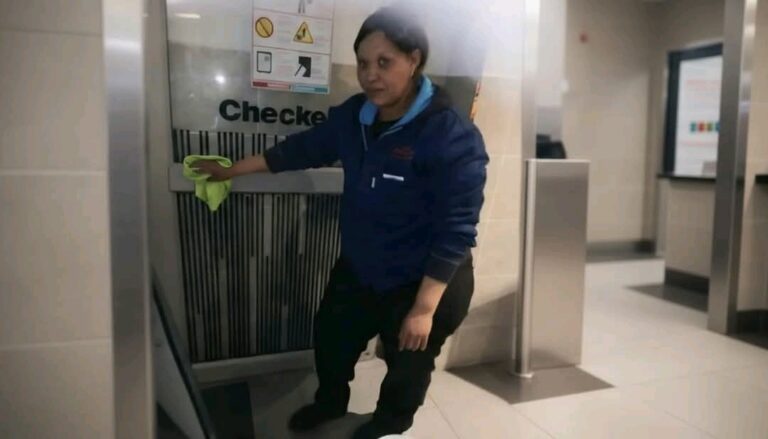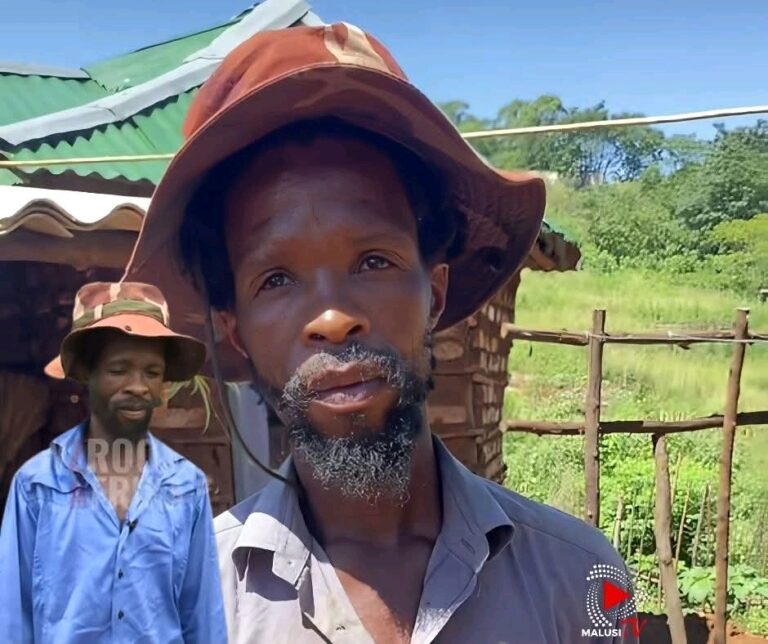
The family of 27-year-old Siyanda Mthokozisi Mvelase is reeling from shock and heartbreak after the young man was killed in Johannesburg, just two days after beginning his new job as an  driver.
driver.
According to his aunt, Zanele Khuzwayo, Siyanda had only recently relocated from KwaZulu-Natal to the bustling city in search of better job opportunities. Determined to build a brighter future for himself and support his family back home, he saved up to purchase a car — a major milestone in his life. The vehicle was bought merely two weeks ago, a proud achievement that symbolized the start of a new chapter.
With optimism and high hopes, Siyanda officially began working as an Uber driver on Monday. His new career was meant to be the first step toward financial stability and independence. However, tragedy struck on Wednesday, cutting his life short in a manner that has left his loved ones devastated.

Speaking with deep emotion, Khuzwayo described her nephew as a respectful, hard-working young man who always put his family first. She recalled how excited he was about his new job, often sharing plans about how he intended to use his earnings to improve his living conditions and help relatives in KwaZulu-Natal.
Details surrounding Siyanda’s death remain unclear, but the family has confirmed that he died while on duty as an e-hailing driver. His sudden and violent passing has raised serious concerns about the safety of ride-hailing drivers in Johannesburg, an issue that has been increasingly highlighted by a series of recent attacks targeting Uber and Bolt drivers.
https://x.com/SowetanLIVE/status/1955979996196983068?t=WYLbrkuEaARspYX_yYNGGg&s=19
Khuzwayo expressed the family’s anguish and disbelief, saying it was unimaginable that someone who had only just begun working could meet such a fate so soon. She described him as “a young man full of dreams, who never got the chance to live them out.”
Community members and fellow e-hailing drivers have since rallied to show support for Siyanda’s family, offering condolences and demanding better protection for drivers operating in high-risk areas. Advocacy groups have once again called on authorities and ride-hailing companies to implement stronger safety measures, such as emergency alert systems, mandatory GPS monitoring, and closer cooperation with law enforcement.
Siyanda’s death has added to growing public pressure for urgent action to address the dangers faced by e-hailing drivers, who often work alone and are vulnerable to robberies, hijackings, and violent attacks. Many have spoken out about the daily risks they face, especially when transporting passengers at night or in unfamiliar neighborhoods.
For Siyanda’s family, however, the focus right now is on grieving and finding the strength to lay him to rest with dignity. Khuzwayo said the family is preparing to transport his body back to KwaZulu-Natal for burial, fulfilling his wish to one day return home — though tragically, not in the way anyone had imagined.
As Johannesburg continues to grapple with the safety challenges confronting its gig-economy workers, Siyanda Mvelase’s story stands as a sobering reminder of how quickly lives can be lost — and how urgent the call for change has become.




